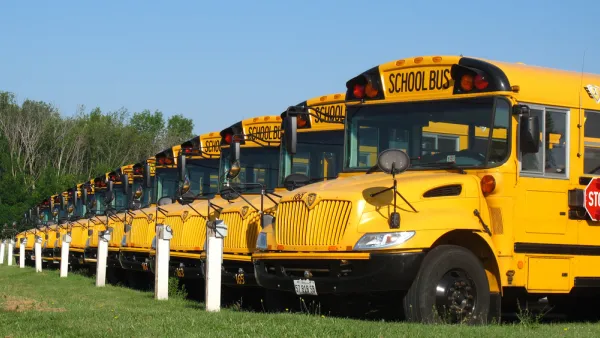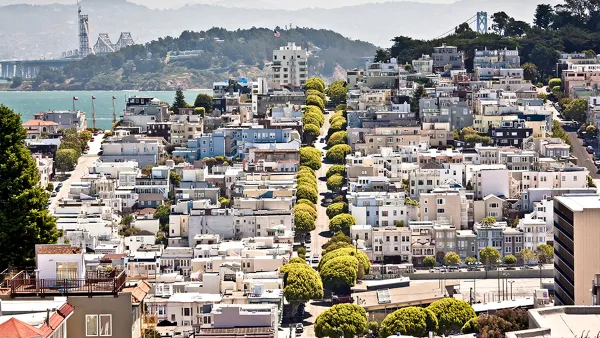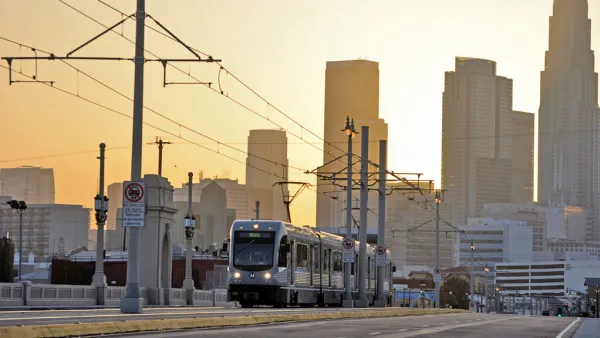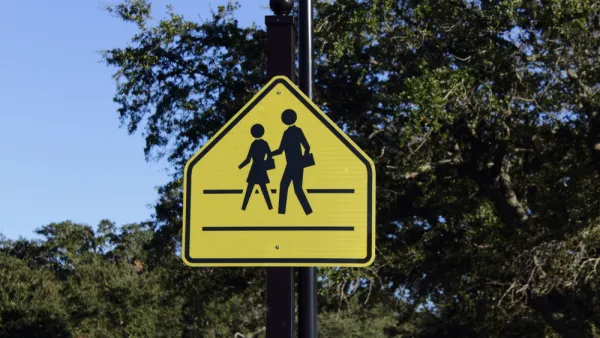Irvin Dawid discovered Planetizen when a classmate in an urban planning lab at San Jose State University shared it with him in 2003. When he left San Jose State that year, he took with him an interest in Planetizen, if not the master's degree in urban & regional planning.
As a long-time environmental activist, he formed the Sustainable Land Use committee for his local Sierra Club chapter and served six years on the Bay Area Air Quality Management District’s Advisory Council from 2002-2008. He maintains his interest in air quality by representing Sierra Club California on the Clean Air Dialogue, a working group of the Calif. Environmental Dialog representing business, regulatory and public health/environmental interests.
Major interests include transportation funding, e.g., gas taxes, vehicle miles traveled (VMT) fees, road tolls and energy subsidies that lead to unlevel playing fields for more sustainable choices.
He hails from Queens (Bayside) and Long Island (Great Neck); received an AAS in Fisheries & Wildlife Technology from SUNY Cobleskill and a B.S. from what is now Excelsior College.
After residing for three years on California’s North Coast, he’s lived on the San Francisco Peninsula since 1983, including 24 years in Palo Alto. Home is now near downtown Burlingame, a short bike-ride to the Caltrain station.
He’s been car-free since driving his 1972 Dodge Tradesman maxi-van, his means to exit Long Island in 1979, to the junkyard in 1988.
Major forms of transportation: A 1991 'citybike' and monthly Caltrain pass, zone 2-2. "It's no LIRR, but it may be the most bike friendly train in America."
Irvin can be reached at [email protected]

Campaign Launched to Electrify School Buses
U.S. PIRG wants states to use funding from multi-billion dollar Volkswagen settlements to convert the nation's school bus fleet, 95% of which is diesel-powered, to zero-emission buses to reduce children's exposure to toxic air pollution.

Bay Area Home Prices Rise Despite Out-Migration
Kathleen Pender, business columnist for the San Francisco Chronicle, points to two reasons why home prices rise amidst a Bay Area exodus to other states. On a state level, out-migration shows California's strong but dysfunctional economy.

California Population Grows to 39,810,000 in 2017
California added 309,000 residents last year, an 8 percent drop compared to annual increases since 2010. The state added a net 85,000 housing units, accounting for losses to wildfires.

Why Equity Groups Opposed California Legislation to Increase Housing Production
YIMBYs don't understand poverty, claimed one social justice group. Few, if any, connections with equity groups and too many with tech companies may have helped doom SB 827's chances of making it to first base in the legislature this year.

Insurance Institute: Pedestrian Fatalities Jump 46 Percent from 2009
The Insurance Institute for Highway Safety released a study on May 8 that attributes the increased number of pedestrians killed in part to road design that allows for higher speeds, fewer intersections and pedestrian crossings and more SUVs.

























